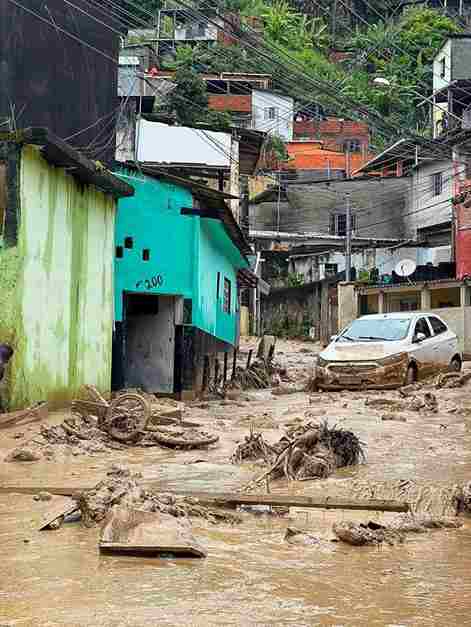How to Deal with Flooding: A Survival Guide

Floods can cause significant damage to homes, businesses, and communities. Being prepared can help mitigate the risks and minimize the impact of flooding. Here’s a comprehensive guide on how to deal with floods.
Before a Flood
- Know Your Risk: Determine your flood risk by checking local flood maps and historical data.
- Create an Emergency Kit: Assemble a kit with essential items like food, water, first aid supplies, important documents, and medications.
- Develop an Evacuation Plan: Plan escape routes and designate a meeting place for your family.
- Elevate Valuables: Store important items on higher shelves or floors to protect them from floodwaters.
During a Flood
- Stay Informed: Monitor weather forecasts and follow instructions from local authorities.
- Evacuate If Necessary: If you’re told to evacuate, do so immediately.
- Turn Off Utilities: If it’s safe to do so, turn off gas, electricity, and water at the main valves.
- Move to Higher Ground: Seek higher ground if flooding occurs.
- Avoid Floodwaters: Never walk or drive through floodwaters.
After a Flood
- Wait for the All-Clear: Do not return to your home until authorities say it is safe.
- Document Damage: Take photos of any damage to your property for insurance purposes.
- Clean and Disinfect: Thoroughly clean and disinfect everything that has come into contact with floodwater.
- Dispose of Contaminated Items: Discard any items that cannot be cleaned or that have been contaminated by floodwaters.
Preventing Future Floods
- Landscaping: Plant trees and shrubs to help absorb rainwater and reduce runoff.
- Home Modifications: Install check valves, sump pumps, and water-resistant materials to protect your home.
- Community Involvement: Participate in community efforts to prevent flooding, such as cleaning storm drains and participating in flood control projects.
Additional Tips:
- Teach Children about Flood Safety: Ensure that children know what to do in case of a flood.
- Be Prepared for Power Outages: Have flashlights, batteries, and a battery-powered radio on hand.
- Know Your Insurance Coverage: Review your homeowner’s insurance policy to understand your coverage for flood damage.
Conclusion Being prepared for a flood can significantly reduce the damage and stress caused by this natural disaster. By following these tips and taking proactive measures, you can protect yourself and your family.
Remember, safety should always be your top priority during and after a flood.
[Insert images of flooded areas, emergency kits, and flood prevention measures]
Keywords: flood, flood safety, emergency preparedness, natural disaster, flood damage, evacuation, flood prevention
Call to action:
- Subscribe to our newsletter: Get the latest emergency preparedness tips.
- Follow us on social media: Join our community of safety-conscious individuals.
- Share this article: Help spread awareness about flood safety.
